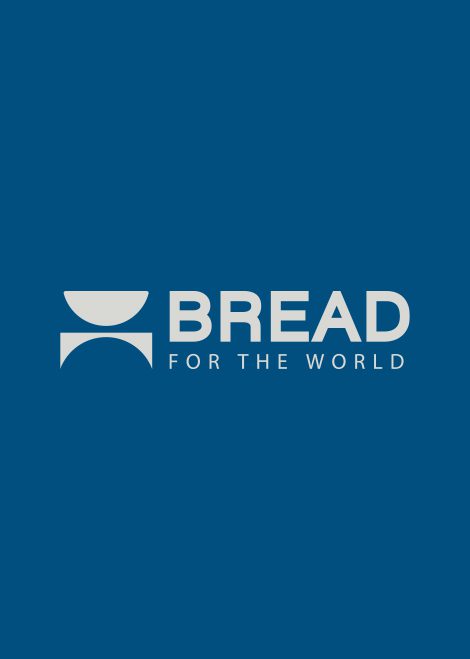Washington, D.C. – Bread for the World applauds the passage of the fiscal year 2014 omnibus appropriations bill (H.R. 3547). Passed yesterday afternoon, the $1.1 trillion appropriations bill replaces the sequester for two years while maintaining a circle of protection around many international humanitarian and poverty-focused development assistance programs as well as important domestic anti-poverty and anti-hunger programs.
“After so many budget showdowns and procedural dysfunction, this spending bill is an important step towards economic certainty and bipartisan negotiating,” said Rev. David Beckmann, president of Bread for the World. “Replacing sequestration and restoring some of the harmful cuts imposed upon vital anti-hunger programs is a real victory.”
Internationally, the bill provides $22 billion for humanitarian and poverty-focused development assistance accounts, slightly above the previous fiscal year’s funding levels. Crucial humanitarian programs, such as International Disaster Assistance, received an increase of as much as 16 percent above FY 2013. Other programs, such as Food for Peace and McGovern-Dole, also received increases this year. This bill also includes a provision that slightly reforms our international food-aid program so that hundreds of thousands more people can be fed in time of need.
The bill also provides crucial funding for many domestic programs. Congress provided $6.7 billion for WIC (Special Supplemental Nutrition Program for Women, Infants, and Children) to cover current and projected needs for low-income mothers and children. The bill also increases funding for Head Start, as well as restores cuts due to sequestration for LIHEAP (low-income home energy assistance program).
“This bill does a great deal to help hungry people in this country, but we are disappointed Congress didn’t use this opportunity to help millions of job seekers,” Beckmann added. “If we are truly committed to making progress against hunger, lawmakers will extend unemployment insurance as soon as possible.”
The U.S. government’s fiscal year started Oct. 1, 2013, and ends Sept. 31, 2014. For more information on Bread for the World’s four-pronged approach to ending hunger in America, please visit www.hungerreport.org.



